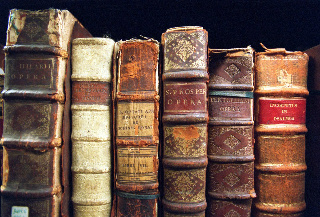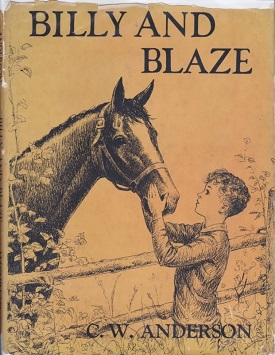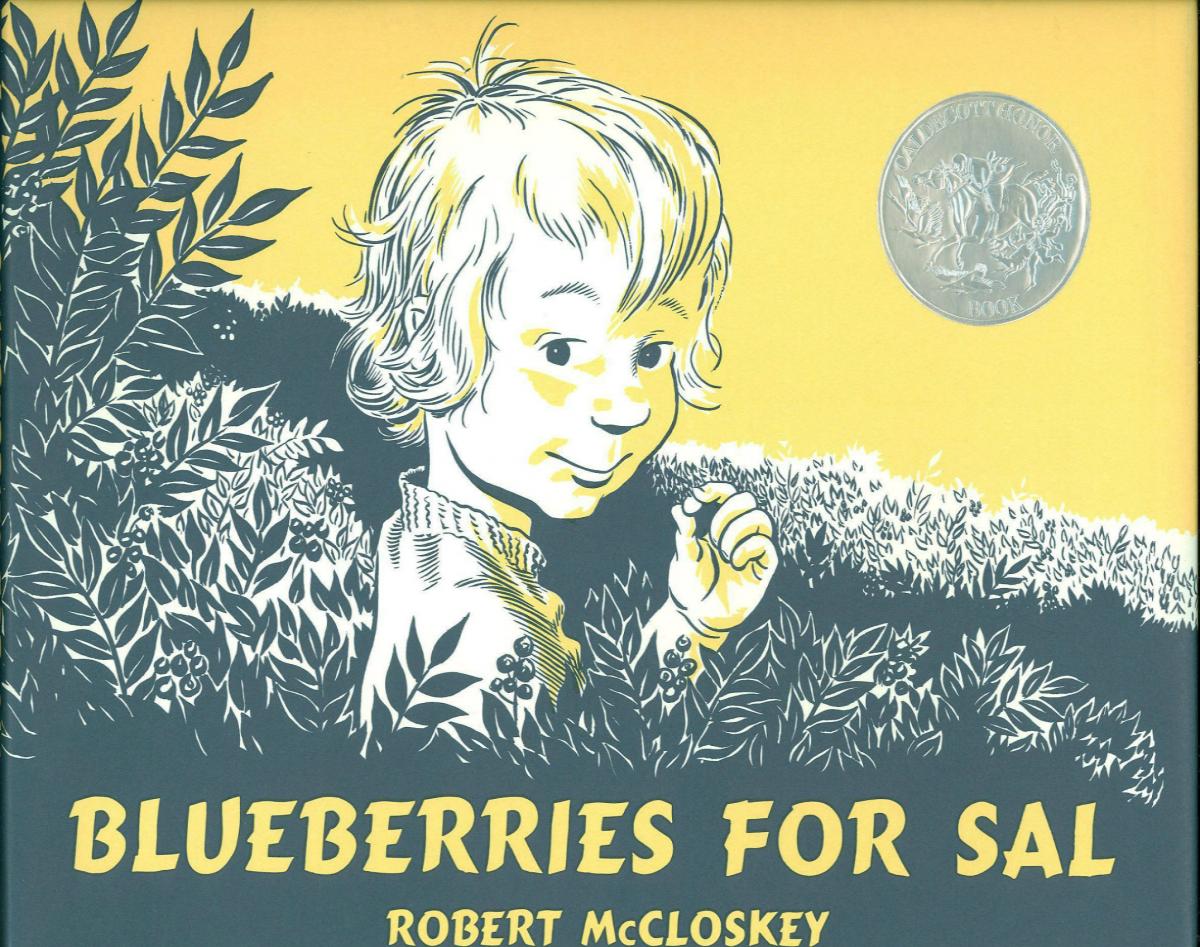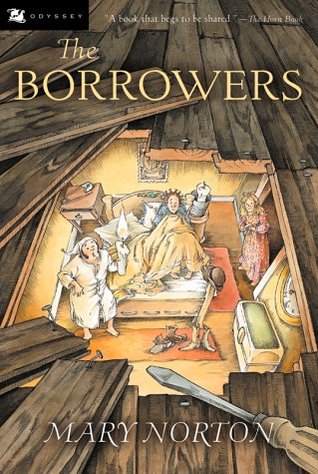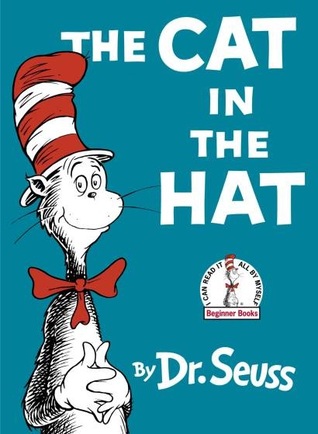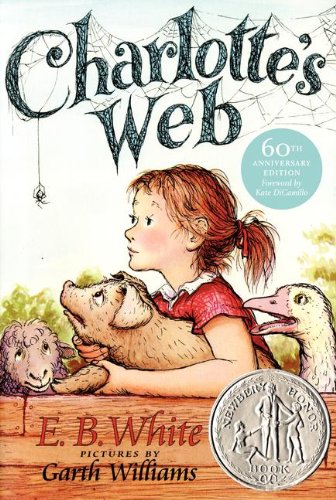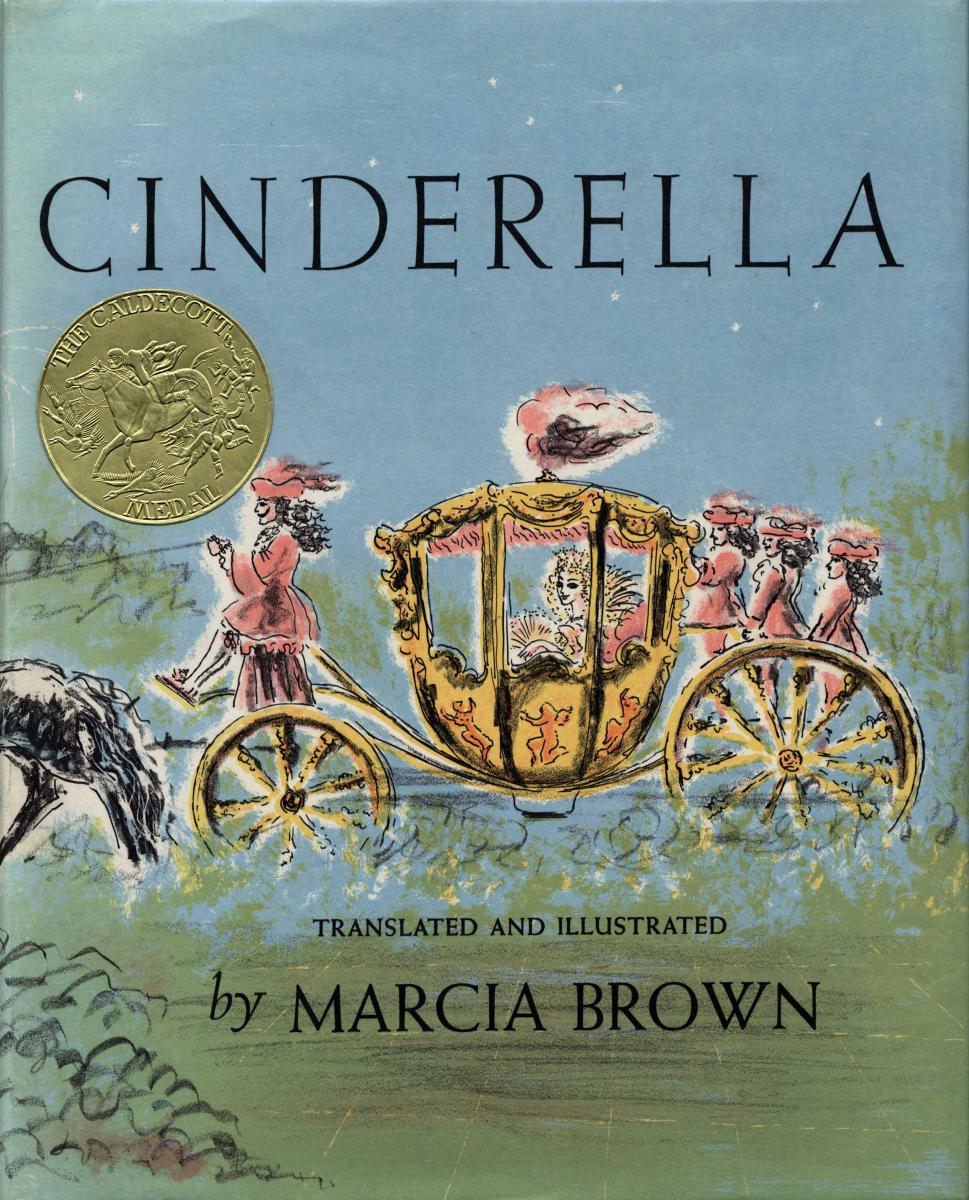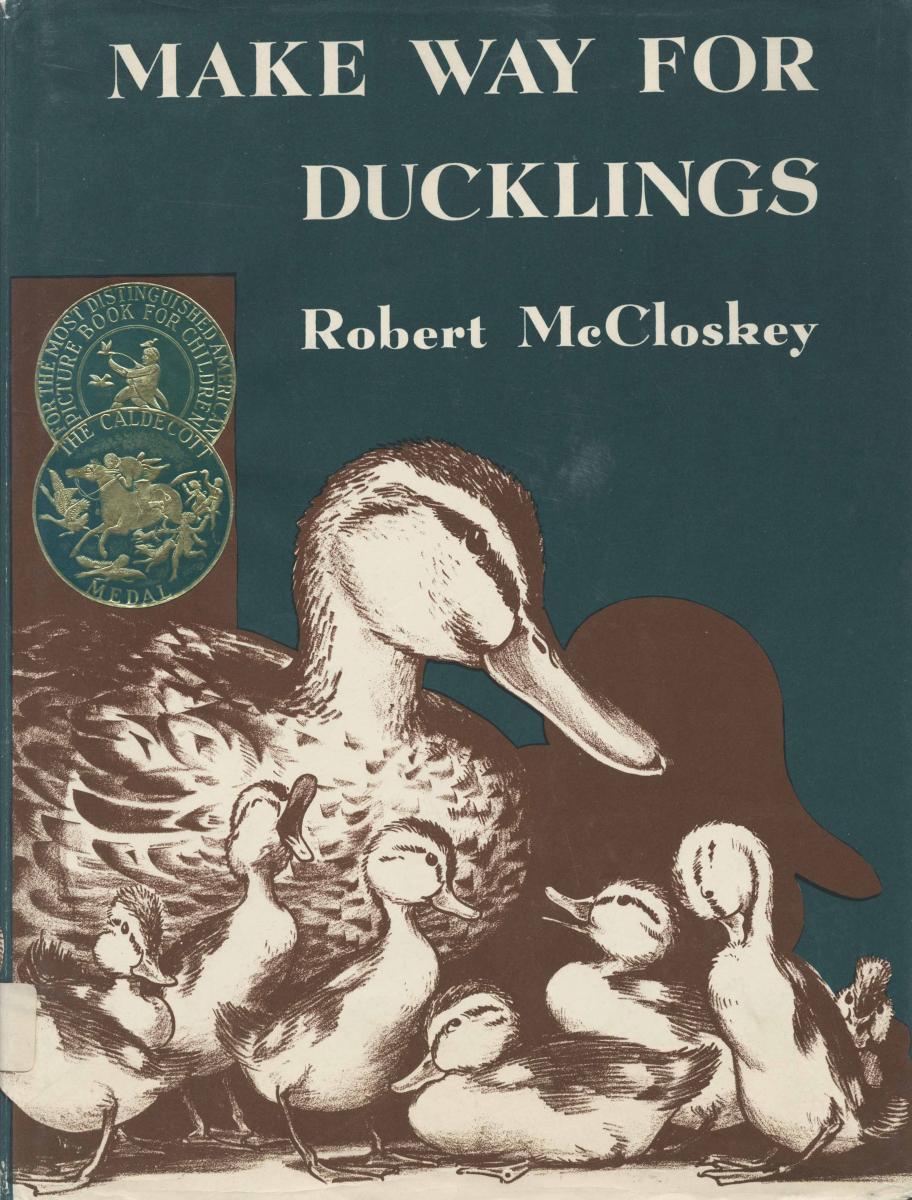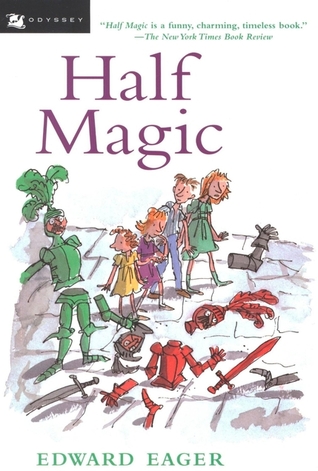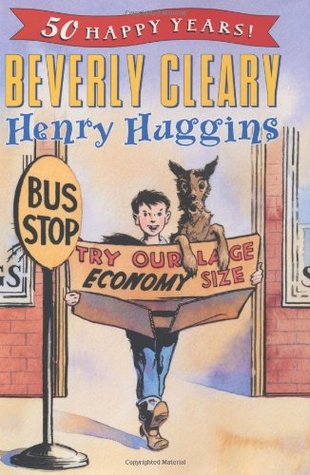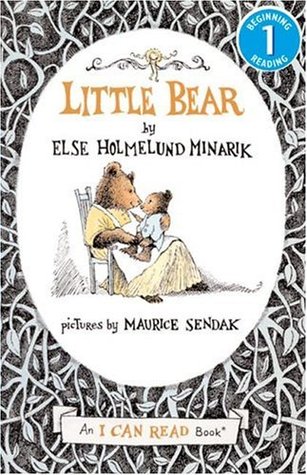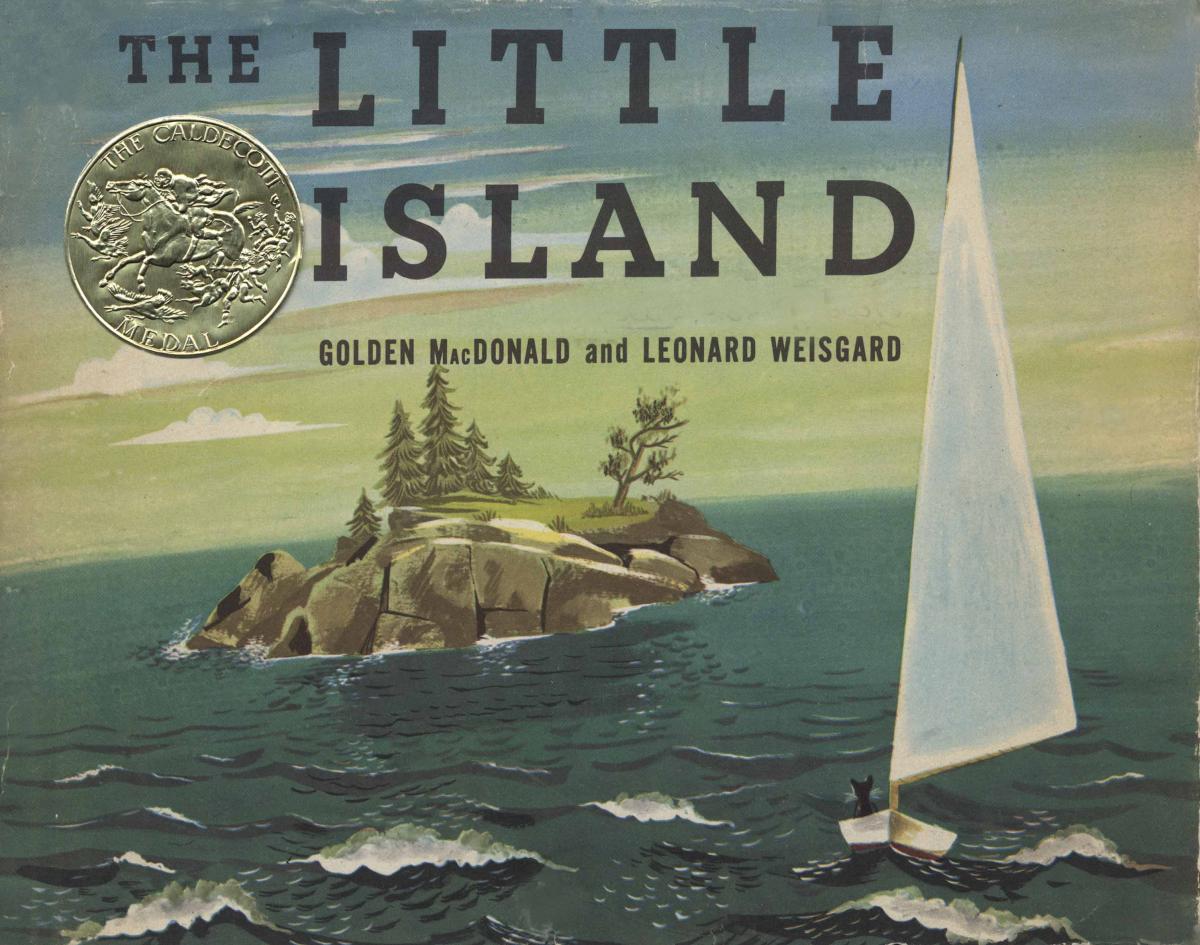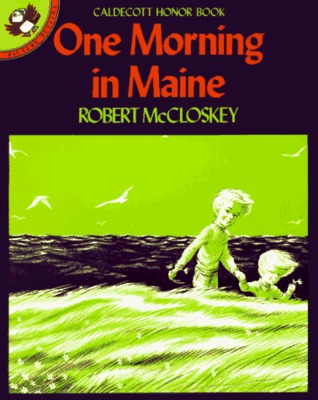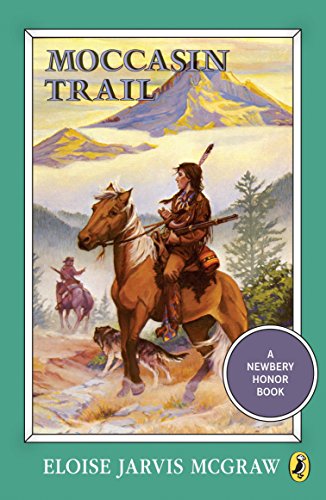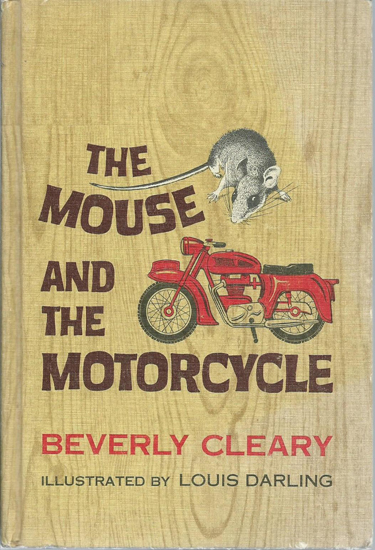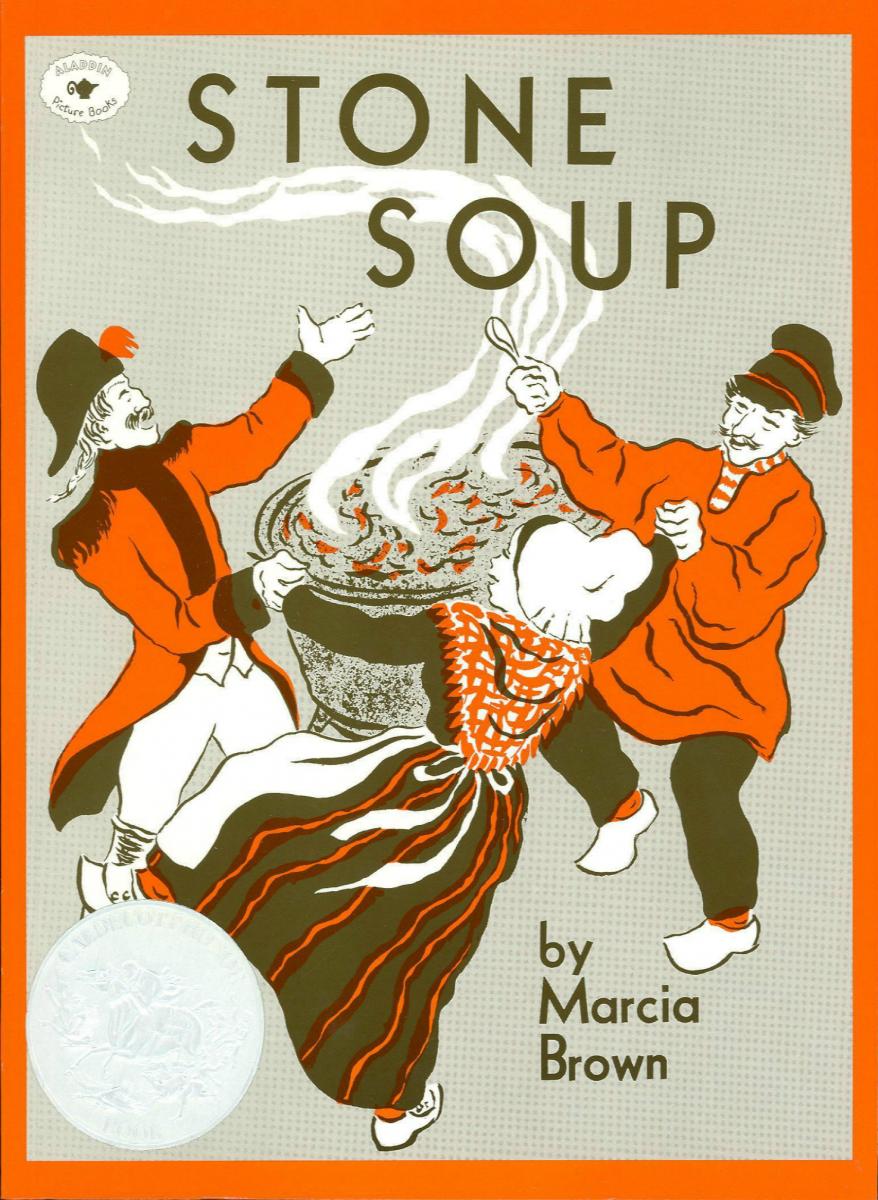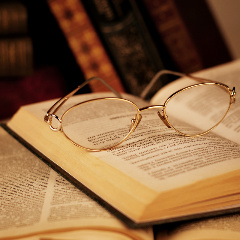My latest historical biography/novel is Patti Callahan Henry’s Once Upon a Wardrobe.
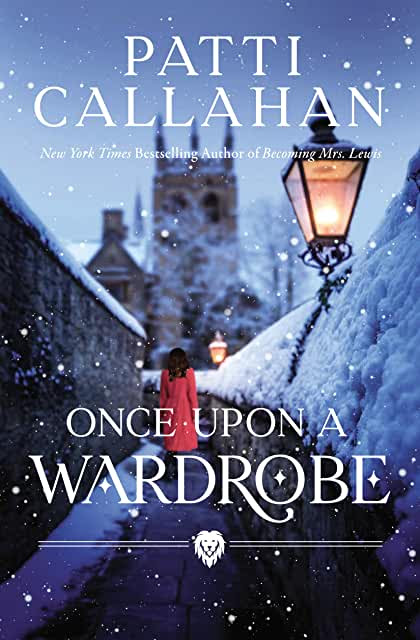
This is basically a biography of C.S. “Jack” Lewis, author of the Narnia books and so many more. He has always been a favorite author of mine so I’ve read both of Patti’s books about him (the other one is Becoming Mrs. Lewis, about his friendship/love with Joy Davidson). However, as with her first biography, there is so much more than dry facts.
In Once Upon a Wardrobe, we meet fictional characters Megs Devonshire and her little brother, George, who has a fatal heart condition and likely won’t live to see age eight. George has read The Lion, The Witch, and the Wardrobe, which was just released, and is anxious to know where Narnia and Aslan came from. Megs, a mathematics student at Oxford, vows to ask the author, who is a professor at the school, George’s questions and give her brother the answers he seeks. In the process, she learns about Jack’s life, his thoughts and dreams, and his beliefs.
This isn’t a carefree book about happy childhoods but Patti handles the story expertly, pulling us into Megs’ and George’s lives as they talk about Jack’s childhood and experiences. You should have a box of tissues handy, especially for the last chapter, but you’ll be glad you read the book at the end. Megs finds her own beliefs changing as she listens to Jack and his brother Warnie relate their story, and as she meets fellow student, the charismatic Irishman Padraig Cavender (who does not believe that math and physics explain the universe, as Megs initially does).
I give this book a very rare 5-star review, and you know how picky I am about that fifth star. You’ll cheer and weep as you read this story. If you have any interest in C.S. Lewis, or in spirituality, imagination, and religion, you should read this book.
Another of my favorite authors is Laurie R. King. Her Sherlock Holmes and Mary Russel stories are set just after the Great War and I love all the historical and geographical details she drops into the books.
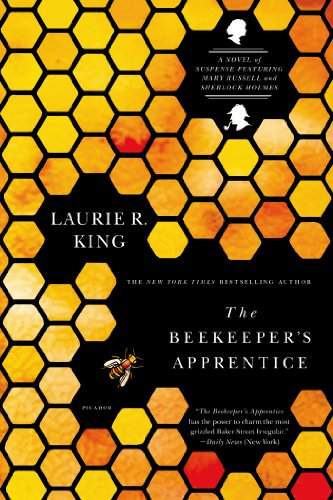
In these stories, Holmes has met his match in his young protege Miss Russell, whose mind rivals his own. The two team up for several mysteries before … well, I won’t spoil the surprise. Suffice to say it’s a logical decision.
I’m rereading the stories because Ms. King has a new book coming out very soon, wherein Holmes and Russell travel to Transylvania. Should be a fun read! I love the lyrical language in the books. Ms. King really knows how to turn a phrase. I’d love to learn how to do that — my characters tend to be wisecrackers who’d rather let go with a snarky comment than a poignant line.
If you like historical mystery novels, especially if they feature Sherlock Holmes, Dr. Watson, Mycroft — and of course Mrs. Hudson! — you should read these books. I’m off to reread my favorite sections again…
For my 60th birthday (that can’t be right!) I’m emulating Bono from U2. He published 60 songs, but I’m a writer so I have chosen 60 books. I’m going to write up a little article and see if I can sell it to a magazine.
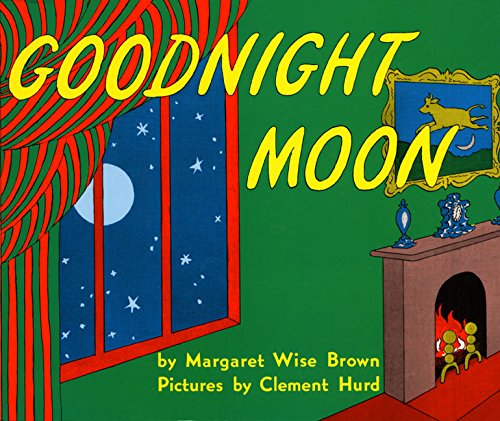
Here are sixty books that changed my life, roughly in the order in which I discovered them:
- Goodnight Moon by Margaret Wise Brown
- One Morning in Maine by Robert McCloskey
- The Little Farm (Little/Small series) by Lois Lenski
- Green Eggs & Ham by Dr. Seuss
- Little Bear by Elsie Minarik
- Little House in the Big Woods/The Long Winter (tie) by Laura Ingalls Wilder
- The Wonderful Wizard of Oz by L. Frank Baum
- The Wind in the Willows by Kenneth Grahame
- Miss Osborne-the-Mop by Wilson Gage (Mary Q. Steele)
- Half Magic by Edgar Eager
- The Three Investigators series by Robert Arthur, Jr.
- The Prydain series by Lloyd Alexander
- The Black Stallion series by Walter Farley
- The Narnia series by C.S. Lewis
- Charlotte’s Web by E.B. White
- The Jungle Book by Rudyard Kipling
- Tarzan of the Apes by Edgar Rice Burroughs
- The Borrowers by Mary Notron
- The Witch Family by Eleanor Estes
- Below the Root by Zilpha Keatley Snyder
- Moccasin Trail by Eloise Jarvis McGraw
- The Forgotten Door by Alexander Key
- The Dark is Rising by Susan Cooper
- Something Wicked This Way Comes by Ray Bradbury
- A Wrinkle in Time by Madeline L’Engle
- The Beastmaster by Andre Norton
- The Lord of the Rings by J.R.R. Tolkein
- The Adventures of Sherlock Holmes by Arthur Conan Doyle
- Dogsbody by Diana Wynne Jones
- Watership Down by Richard Adams
- A Wizard of Earthsea by Ursula K. LeGuin
- A Gift of Magic by Lois Duncan
- The People series by Zenna Henderson
- The Story of My Life by Helen Keller
- The Taming of the Shrew by William Shakespeare
- Johnathan Livingston Seagull/Illusions (tie) by Richard Bach
- The Grapes of wrath by John Steinbeck
- The Odyssey by Homer
- Dune by Frank Herbert
- Dracula by Bram Stoker
- Murder on the Orient Express/Murder at the Vicarage (tie) by Agatha Christie
- The Shining by Stephen King
- Ender’s Game by Orson Scott Card
- A Christmas Carol by Charles Dickens
- The Moon is a Harsh Mistress/Time Enough for Love (tie) by Robert Heinlein
- The Daybreakers by Louis L’Amour
- Thieves World edited by Robert Asprin
- Dragonsinger/Dragonsong by Anne MacCaffrey
- Red Moon and Black Mountain by Joy Chant
- Beauty by Robert McKinley
- Alice’s Adventures in Wonderland by Lewis Carroll
- The Velveteen Rabbit by Margery Williams
- Wyrd Sisters by Terry Pratchett
- The Beekeeper’s Apprentice/O Jerusalem (tie) by Laurie R. King
- The Color Purple by Alice Walker
- The Girl with the Dragon Tattoo by Steig Larsson
- Garden Spells by Sarah Addison Allen
- Life Expectancy by Dean Koontz
- American Gods by Neil Gaiman
- The Ten Thousand Doors of January by Alix Harrow
I’ve been reading a lot lately — some of it is required critique submissions from my writing group of course — but most of it has been nonfiction along the “How to Write and Publish” lines.
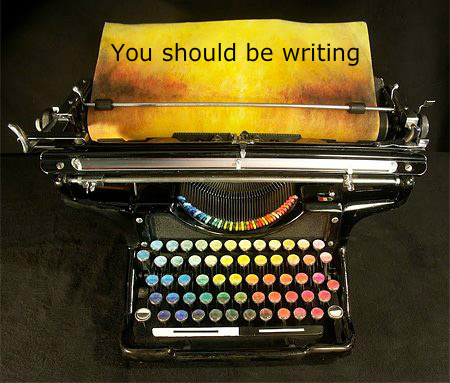
One of the really useful books I’m reading is Getting Published by Harry Bingham (from the Jericho Writers group). Once I finish this one, I’ve also got his 52 Letters (A Year of Advice) to look through.
I’m also reading Story Trumps Structure by Steven James and Story Engineering by Larry Brooks.
Lots of good information in this little quartet. I’m also attending the League of Utah Writers’ Quills Conference (virtual this year of course) and have signed up for some pitch sessions with agents and editors. I’ll keep you posted on what’s going on.
If you’re a writer, you’re a reader. And readers explore their libraries.
Here are some of my favorite memories of my childhood library. We didn’t have a lot of money growing up, but whenever we went for groceries, we stopped at the library to drop off what we’d read that week and pick up something new (or beloved re-reads).
I still love the smell of an old library — the sharp tang of old pages bound between real leather. I love the silence, the solitude of searching the tall shelves for that special book. I love seeing all the books stacked up together, worlds yet to be entered, words yet to be read.
I remember the moment I’d read all of the children’s section … well, all I wanted to read, that is … and wandered over into the adult section hunting for something interesting. The poor librarian, assuming I’d gotten lost, gently steered me back into the children’s wing. I had to argue to convince the lady I meant business, but I came home with what I believe was a couple of horse stories and maybe a Nancy Drew mystery or something similar. I did go through my horse phase about that time, so Billy and Blaze shifted smoothly into The Black Stallion.
I remember the many happy hours spent reading in libraries while waiting for Mom to shop or work on her own assignments in the adult section (she put herself through college after we were in school and out of her hair during the day). Nothing except the soft buzz of fluorescent lights as you quietly turned page after page, forgetting the time as you swung through the jungle with Tarzan or searched for the criminals with The Three Investigators.
What are your favorite library memories?
There are a lot of “You know you’re a writer when–” sayings out there. You’ve all seen them. There’s one more you might not have seen: You know you’re a writer when you have a pile of “to be read” books somewhere in your house.
Writers read. It’s not just what we do to find information, or to look up just the right word. We read for the same reason you do: because we love it. Writers make some of the best readers. We toss “real life” out the window in a heartbeat and fall right into the world inside the book. And we’re reluctant to crawl back out once the story’s over.
Writers also make great readers because we know what’s going on behind the wizard’s curtain. We know how hard it is to come up with that perfect phrase, that pithy description. We appreciate good craft when we see it, and are usually quick to write and tell our comrade so, or at least to write a review of the book.
It’s not just about the enjoyment, though. Sure, it’s great to set the world aside for a few hours, but there’s more to reading that that.
Writers read twice. The first time a writer reads a great book, it’s just for the story. We lose ourselves within it and enjoy the tale for the tale’s sake. And it’s going to be read again for pleasure, usually over and over again. That’s not what I’m talking about.
Writers read to learn. After that first reading, when we decide that we love a book, we read it again almost immediately. We read it as though we’re sitting at the author’s knee. This time, we’re not falling into the story world, but hanging above it. We’re looking behind that curtain to see how all those levers and gears work.
What makes a great book stand out from the crowd? How does a great author create a great story? How do they handle description and dialogue? What are their tricks and techniques?
Writers read to emulate. We try to understand how it’s been done well, and we try to apply that to our own work. You know you’re a writer when you have a great big pile of books to scour through, a stack of other writers to analyze.
Who are your favorite authors? What books do you read over and over again?
